Julio Begins in July (1979)
April 30, 1979Release Date
Plot.
Where to Watch.
Cast & Crew.

Elsa Alarcón
Grandma

Juan Cristóbal Meza
Julito

Luis Alarcón
Uncle Alberto / Assistant Director

Shlomit Baytelman
María
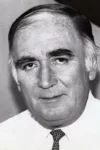
Tennyson Ferrada
Uncle Aurelio

Jaime Vadell
Torres

Delfina Guzmán
Otaraiza's Widow

Marcial Edwards
Journalist

Magdalena Aguirre
Mother Superior

Rafael Benavente
Prior Franciscano

Jorge Álvarez
Parish Priest

José Cabello
Manolo

Fritz Stein
Filiberto

Jorge Yáñez
Payador Merrejo

Felipe Rabat
Don Julio

Alfonso Luco
Alfonso

Violeta Contreras
Nun

Sergio Urrutia
Drunkard

Vicente Santamaría
No Pedro

José Manuel Salcedo
Maturana

Ana María Palma
Filiberto's Wife

María Elena Montero
Aurelio's Wife

Ana González
Teresa

Victor Sepúlveda
Raimundo

María Castiglione
Meche

Pedro Gaete
Memo

Aquiles Sepúlveda
Segundo

Lucy Salgado
Alicia

Nissim Sharim
Medic

Marión Soto
Mrs. Elisa

Gloria Münchmeyer
Josefina

José Soza
Don Julio (voice)

María Cánepa
Mother Superior (voice)

Silvio Caiozzi
Director

Gustavo Frías
Writer

Fernando Mateo
Sound

Nelson Fuentes
Photoscience Manager / Director of Photography

Luis Advis
Music

Alberto Célery
Executive Producer / Producer

Jorge Oyarzun
Makeup Artist

Víctor Segura
Assistant Director
Media.
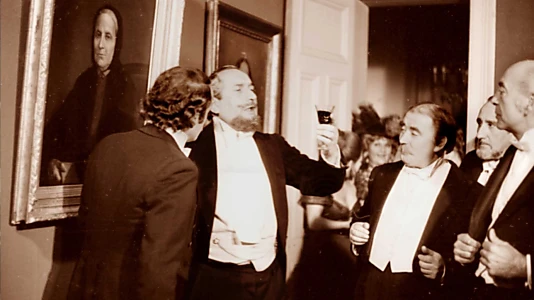

Details.
Release DateApril 30, 1979
Original NameJulio comienza en julio
StatusReleased
Running Time2h
Genres
Last updated:
This Movie Is About.
Wiki.
Julio comienza en julio ("Julio Begins in July") is a 1979 Chilean coming-of-age period film directed by Silvio Caiozzi and written by Gustavo Frías. It is one of the few Chilean feature films made and released in the first decade of the Pinochet dictatorship.
The film won the Golden Columbus Award at the 1979 Huelva Ibero-American Film Festival and the Chilean Critics' Circle Award for Best Film. In 1999, it was voted as the "best Chilean film of the 20th century" by the public in a poll organized by the Municipality of Santiago.
Critics regard it as one of the finest films in Chilean cinema, alongside Miguel Littín's The Jackal of Nahueltoro, Raúl Ruiz's Three Sad Tigers, Patricio Guzmán's The Battle of Chile, and Andrés Wood's Machuca.
You May Also Like.

R-Rated Idol Seung-ha's Sex Scandal (2020)
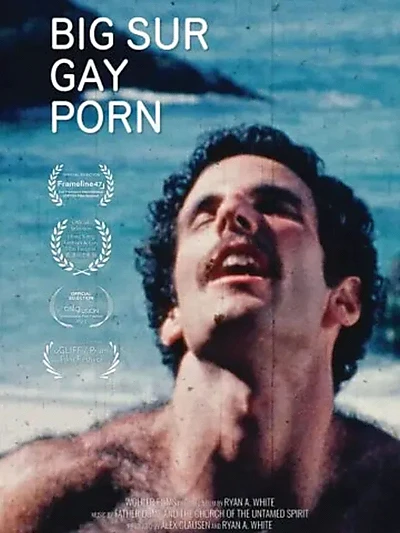
Big Sur Gay Porn (2023)

Hello (2013)

Hello (2023)
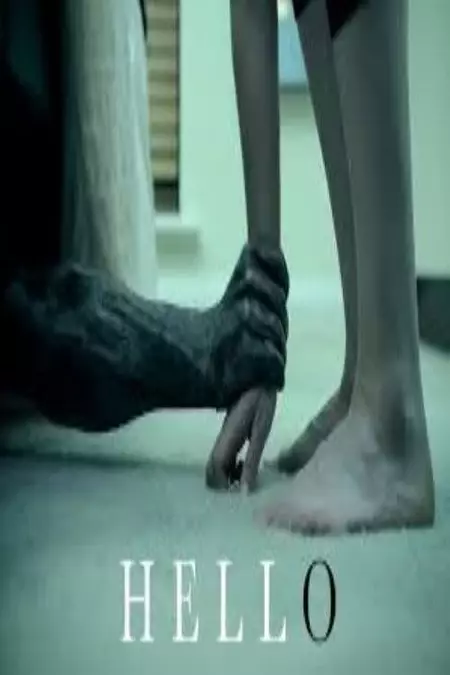
Hello (2013)
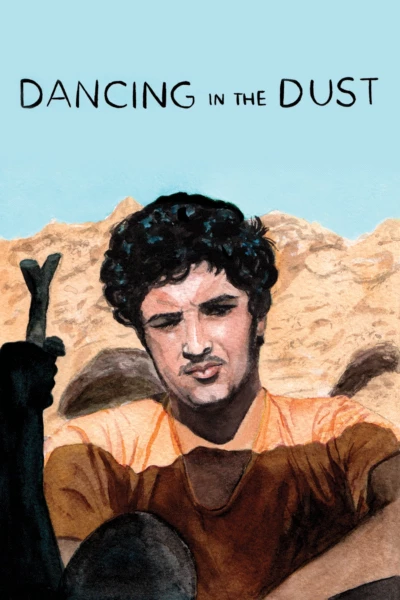
Dancing in the Dust (2004)

Florence Fight Club (2015)
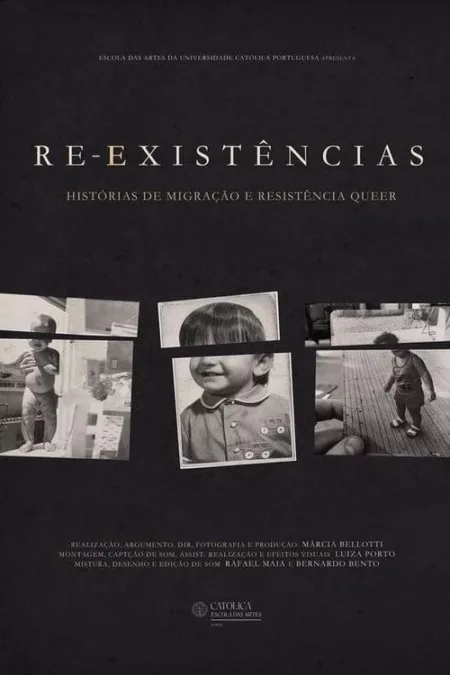
Re-Existences (2020)

Road (2017)
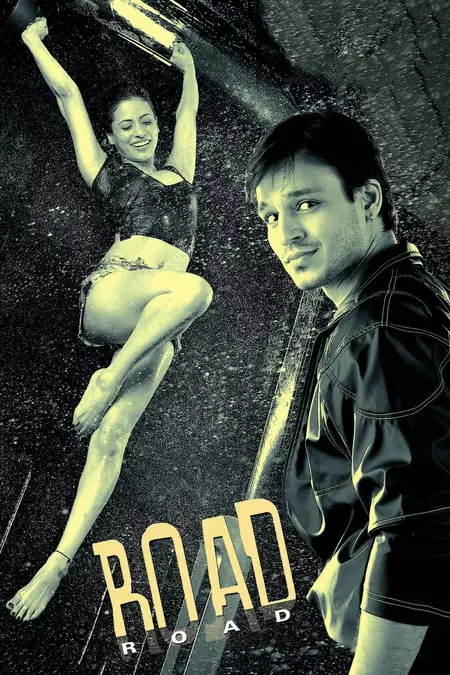
Road (2002)
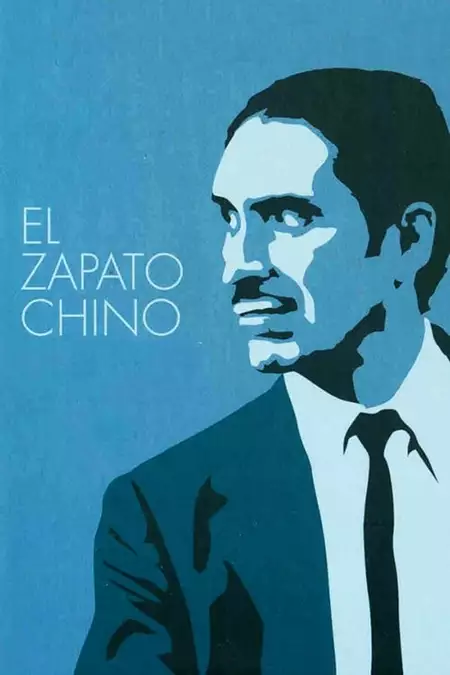
The Chinese Shoe (1979)
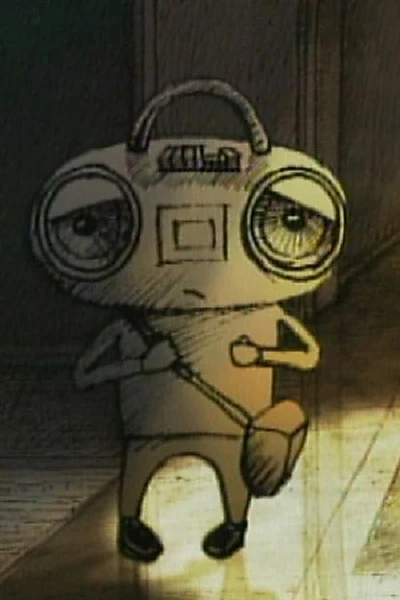
Hello (2003)
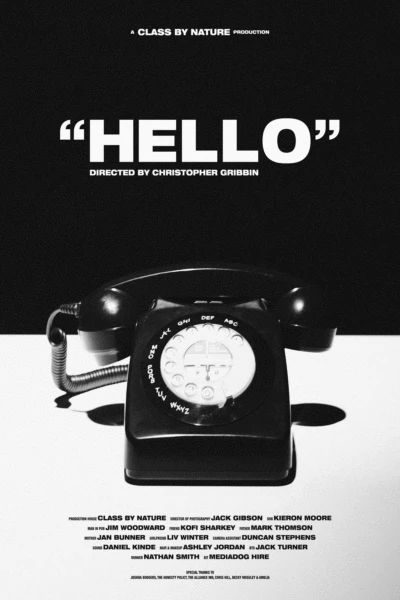
HELLO (2021)

Hannibal Buress: Miami Nights (2020)
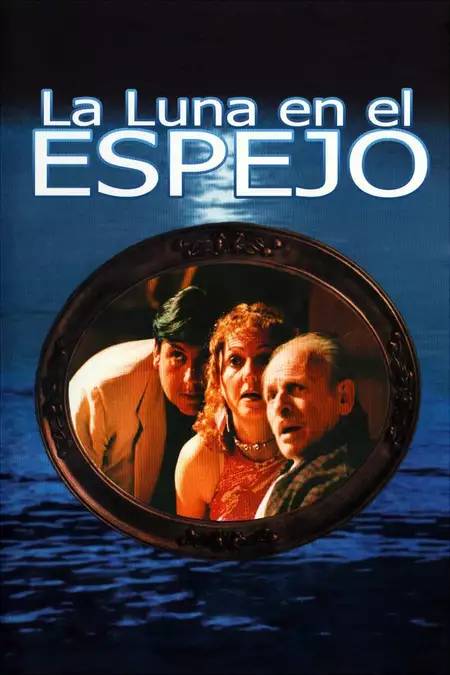
The Moon in the Mirror (1990)
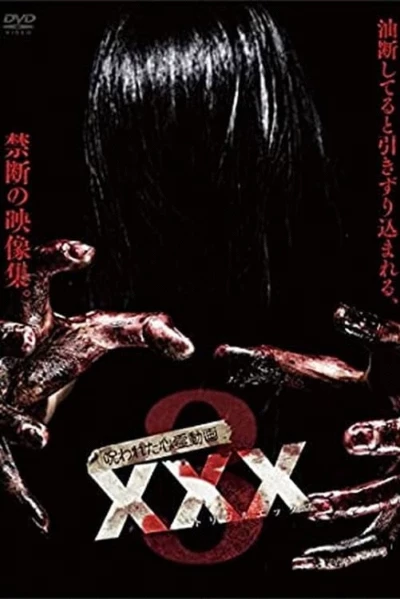
Cursed Psychic Video XXX 3 (2016)


